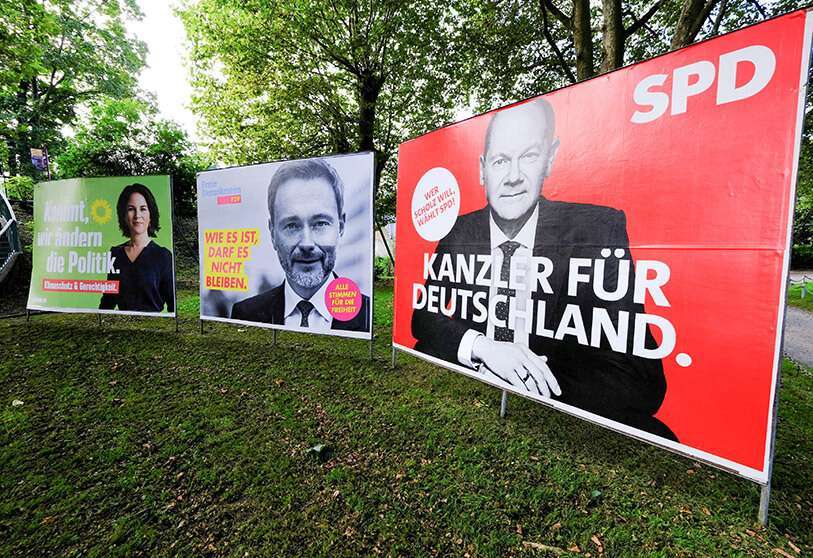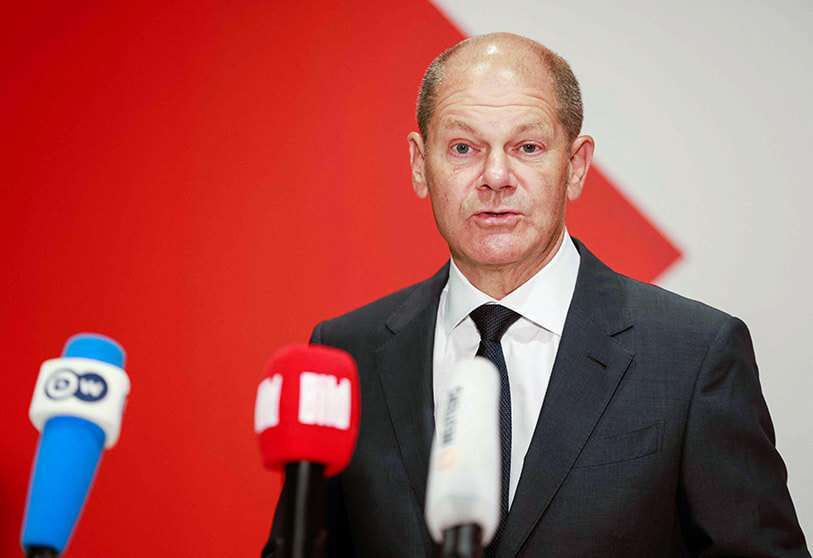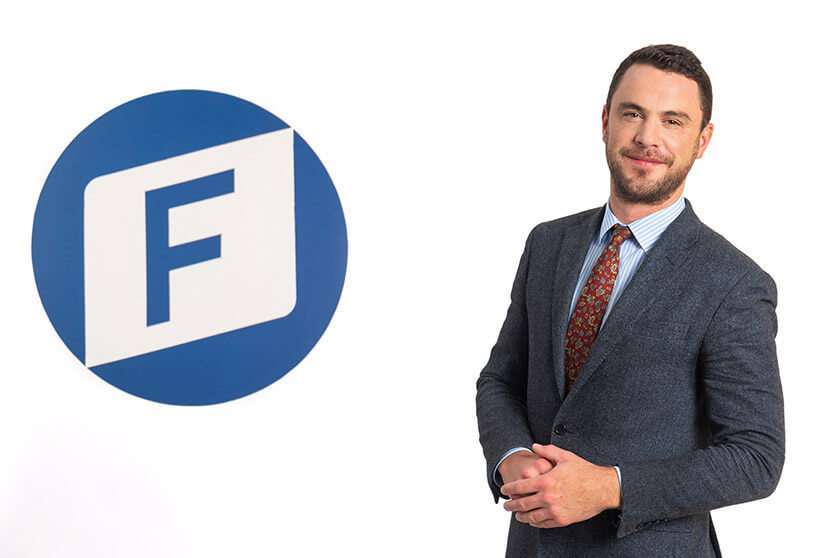David Henneberger: "Germany's younger generations want far-reaching reforms for the coming decades"

The elections held in Germany have marked a change in the country's political stage and, therefore, for Europe. These elections were the first in 16 years in which Angela Merkel did not figure, thus closing her last and fourth term in office. The results have given victory to the social democratic party, the SDP, in a context in which the Greens and the Liberals are expected to agree on a coalition government. We spoke to David Henneberger who gave us the key points that these new results represent.
First of all, we must congratulate the Liberals for the good election results that have given their party a key role in the formation of the government.
This is indeed a good moment for German liberalism and we are very happy about it. Right now, we are at the service of young people where we are the biggest force among those who voted for the first time.
The Liberal Party in Germany will serve as a balance between one side and the other for governance, a role the Liberals have always played in German politics after the Second World War.
That's right, in Germany there really is a centre ground where the Liberals, for decades in the Federal Republic of Germany, have governed both with the Social Democrats and the Conservatives. What is new today is that coalitions between the centre-right and the centre-left are more necessary than ever. In Germany there is a cordon sanitaire with the extreme right, so simply by arithmetic it is necessary for the governing party to use the centre-right and the centre-left. Moreover, two parties are no longer enough, we must have unity as an option. At the federal level, three parties are required to form a government with an absolute majority in the German parliament.

It is worth remembering that during the last two legislatures in Germany there was a grand coalition between social democrats and conservatives, the option of the new government that is popularly called "traffic light" (because of the colours of the three parties that make up the coalition). The coalition in this case would be the Greens and Liberals with Olaf Scholz's Social Democrats, who won the elections. It won't be easy to reach an agreement. What conditions will have to be met?
The three parties are currently in negotiations, not to form a government, but in pre-negotiations where the three parties are trying to find a common project for this four-year coalition. It is not a question of finding compromises in detail but of a joint project. The Liberal party shares many values in social policy with the centre-left, such as support for minorities, the role that women should play in society, a more liberal policy on drugs such as cannabis, etc. With the Greens there is agreement in the bloc on foreign policy, a vision of a more united role within Europe, with a firm stance on Russia and China. In my opinion, the issues that are going to be more complicated are finances, the liberals are absolutely against any tax increase, wanting to maintain the debt brake that is in the German constitution.
On the other hand, the Social Democrats and the Greens want to raise certain taxes, and the Social Democrats also want to introduce a wealth tax, which will be a sticking point in the negotiations. Another sticking point in the negotiations will be the big issue for the Greens, climate change. However, it is true that the goals of the three parties are quite similar. The big question is how will they reach an understanding? For example, the Liberals want a fixed CO2 price, so it will have to be decided which way is the most efficient. The Greens and Social Democrats want to have a stricter policy, using certain technologies, raising the price of petrol, etc. The good news is that the goals of each are not very different in this area either.

After Angela Merkel and her 16 years at the head of the government and with all the issues on the table, the political will of the three parties is to open a new political era in Germany, where the existence of agreements is essential in order not to disappoint the will of the Germans.
Of course, this is the feeling in Germany that the Greens and Liberals together, among young people and those under seventy-five years of age, have almost reached an absolute majority. These groups are a clear sign that the younger generations in Germany do not agree with the status quo and want profound changes and reforms for the coming decades, for example in the area of climate change, in bureaucratic matters, in digitalisation, or in education. These are the issues on which we are optimistic that we can reach an agreement and improve Germany's prospects for the coming decades. Meanwhile, the SPD remains strong, but has clearly lost ground.
It is interesting that after the first talks between the Greens and the Liberals, the SPD chancellor candidate has adapted somewhat to the language of the Greens and the Liberals, speaking of a future project with far-reaching reforms. In fact, it has been understood that the only way forward is towards the traffic light coalition, which can be the only one to tackle these deep reforms. It is true that Angela Merkel, even her critics in Germany recognise this, has been an excellent manager during the various crises she has faced during her time as head of government: the financial crisis, to which she later added another, the migration crisis, handled with great talent, commitment and by talking at European level with her counterparts, managing to stabilise them, the health crisis caused by the coronavirus pandemic, and so on. But there have been no deep reforms for 16 years, no major economic reforms, and it is necessary to return to a stronger growth path and to the modernisation of the country. I always say, for example, that in the AVE in Spain the internet is better than in the centre of Berlin, it's a bit sad, but true, there are still big tasks to face.

Fortunately, you have a certain responsibility towards the European Union and all the European countries are watching the German government, which in some way will also be a large part of the government of the European Union.
The good news, long before the elections, is that in Germany the three candidates for the Chancellorship were profoundly pro-European. There is no political force in Germany that has such a discourse, no relevant political force has such a discourse. Now there is a new effort to strengthen Europe in financial terms. Here I hear already many of the concerns also with regard to the financial policy of the Eastern EU. It is important to understand that the differences are not so relevant between the parties in the centre of Germany. There are different views on certain details, but in general fiscal responsibility is something important, not only for the centre parties, but for Germans in general, as it is in many other countries in Northern Europe.









